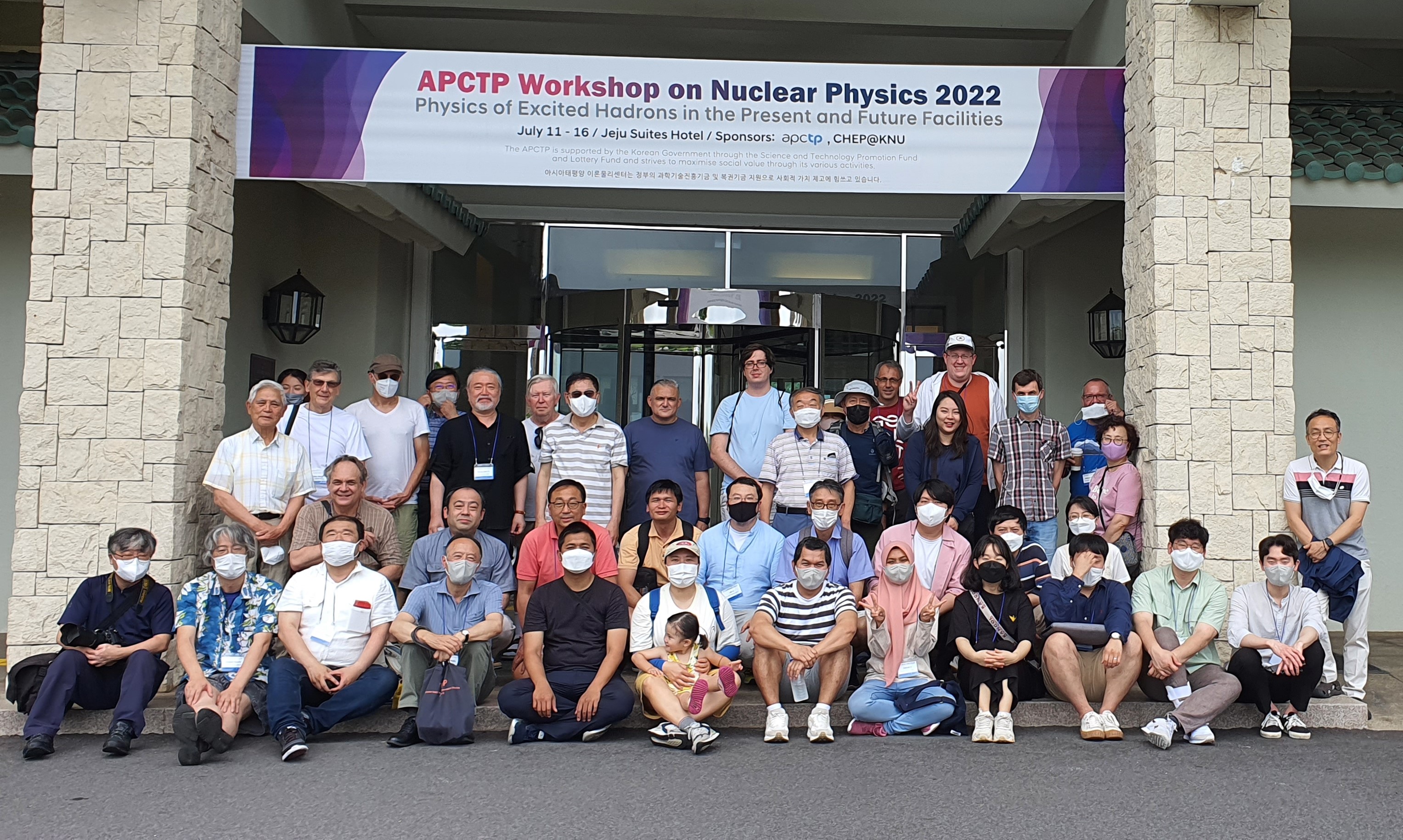The Asia Pacific Center for Theoretical Physics (APCTP) is a key center for scientific research and collaboration in Pohang, South Korea. Situated on the campus of Pohang University of Science and Technology (POSTECH), APCTP plays an important role in promoting theoretical physics research across the Asia-Pacific region.
A Look at Pohang and POSTECH
Pohang is a city on South Korea’s east coast, known for its industrial strength, particularly with POSCO, one of the world’s largest steelmakers, based there. But Pohang is not just about industry. It is also a city that values education and research. POSTECH, founded in 1986, has become one of South Korea’s top universities, especially in science and engineering. The partnership between POSTECH and APCTP has created a strong foundation for scientific research.
The Beginning and Growth of APCTP
APCTP was established in 1996 with the goal of advancing theoretical physics through collaboration and education. The idea for the center was proposed by Professor C.N. Yang, a Nobel Prize-winning physicist, who wanted to create a place where scientists from the Asia-Pacific region could work together on challenging problems in theoretical physics.
Since its founding, APCTP has grown into a well-known research institute, attracting scientists from all over the world. The center’s influence is not limited to South Korea; it reaches across the Asia-Pacific region, encouraging cooperation and shared scientific goals among countries.
Programs for Young Scientists: YST and JRG Leader
APCTP is dedicated to supporting the next generation of scientists through its Young Scientist Training (YST) and Junior Research Group (JRG) Leader programs.
Young Scientist Training (YST) program is designed to help early-career researchers gain valuable experience and skills. Participants in the YST program have the opportunity to work on important research projects alongside established scientists at APCTP. The program is open to young scientists from all over the world, providing them with the resources and support they need to advance their research careers.
In addition to mentorship, YST participants receive access to APCTP’s extensive research facilities and are encouraged to collaborate with other researchers at the center. The program also offers a variety of training workshops and seminars that help young scientists develop their professional skills, such as scientific writing, presentation techniques, and research ethics. By the end of the program, YST participants are well-prepared to pursue successful careers in theoretical physics, whether in academia, industry, or other research institutions.
Junior Research Group (JRG) Leader program is aimed at more established researchers who are ready to lead their own research teams. This program offers mid-career scientists the opportunity to form and lead a research group within APCTP. As JRG Leaders, these scientists have the freedom to choose their research focus and build a team that can explore new and innovative ideas in theoretical physics.
APCTP provides JRG Leaders with the resources they need to succeed, including funding, access to advanced research facilities, and administrative support. The program is highly competitive, attracting talented researchers from around the world who are eager to establish themselves as leaders in their fields. JRG Leaders at APCTP have the opportunity to make significant contributions to the global scientific community, and many have gone on to achieve international recognition for their work.
Moreover, JRG Leaders play a crucial role in mentoring the next generation of scientists. They work closely with YST participants and other early-career researchers, providing guidance and sharing their expertise. This mentoring relationship helps to foster a collaborative and supportive research environment at APCTP, where new ideas and approaches can flourish.
Hosting Seminars and Workshops
APCTP is also well-known for hosting various seminars and workshops. These events bring together experts and young researchers from around the world to discuss topics in theoretical physics. The seminars and workshops cover a wide range of subjects, including quantum field theory, string theory, condensed matter physics, and cosmology.
By organizing these events, APCTP provides a space for scientists to share ideas and collaborate. These gatherings often lead to new insights and discoveries in the field of theoretical physics.
